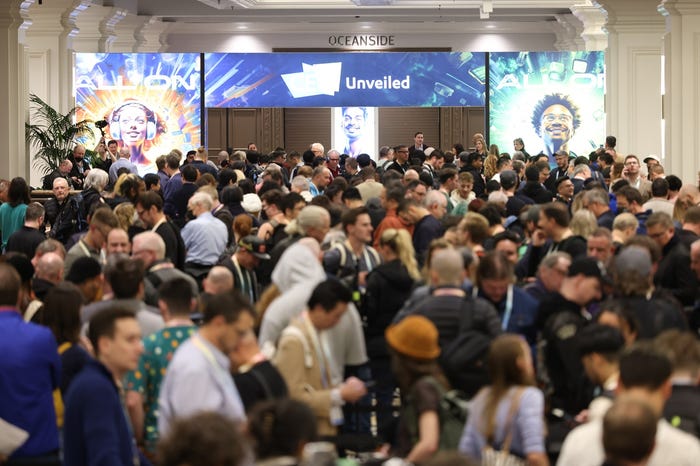
Connects decision-makers and solutions creators to what's next in quantum computing
Secure Home Quantum Computing Gets a Step Closer
‘Blind quantum computing’ technique keeps cloud-based quantum computing data safe
April 12, 2024

Quantum computing developers are in a race to scale the technology to a point where it is sufficiently practical, powerful and error-resistant to solve real-life problems.
For the foreseeable future, businesses and individuals who want to explore the opportunities that quantum computing offers will mainly access quantum computing capability via the cloud. Google, Amazon and IBM are among the largest cloud-quantum providers.
However, this raises issues surrounding the security of data, not least because some of the areas that stand to benefit from quantum have the biggest security concerns. These could potentially include financial or patient data, or intellectual property-protected designs of chemicals, materials and engineering projects.
Scientists at the University of Oxford physics department have published research demonstrating a method that could guarantee the security of data in a cloud quantum environment.
They used a method called "blind quantum computing," which connects two separate quantum computing entities in a completely secure way. These could be an individual at home or a user in an office accessing quantum computing services via a cloud server.
According to professor David Lucas, who co-heads the Oxford University physics research team and is lead scientist at the UK Quantum Computing and Simulation Hub, the new method can be scaled up as quantum computers become more capable of accurately solving larger and more complex computations.
"We have shown for the first time that quantum computing in the cloud can be accessed in a scalable, practical way which will also give people complete security and privacy of data, plus the ability to verify its authenticity," Lucas said.
The peer-reviewed study, published in Physical Review Letters, explains that the demonstration used a trapped-ion quantum server and a client-side photonic detection system networked via a fiber-optic quantum link. The researchers said the method enables scaling, which previous approaches could not, and demonstrates a high level of privacy.
"Using blind quantum computing, clients can access remote quantum computers to process confidential data with secret algorithms and even verify the results are correct, without revealing any useful information,” said study lead Peter Drmota.
“Realizing this concept is a big step forward in both quantum computing and keeping our information safe online.”
You May Also Like




